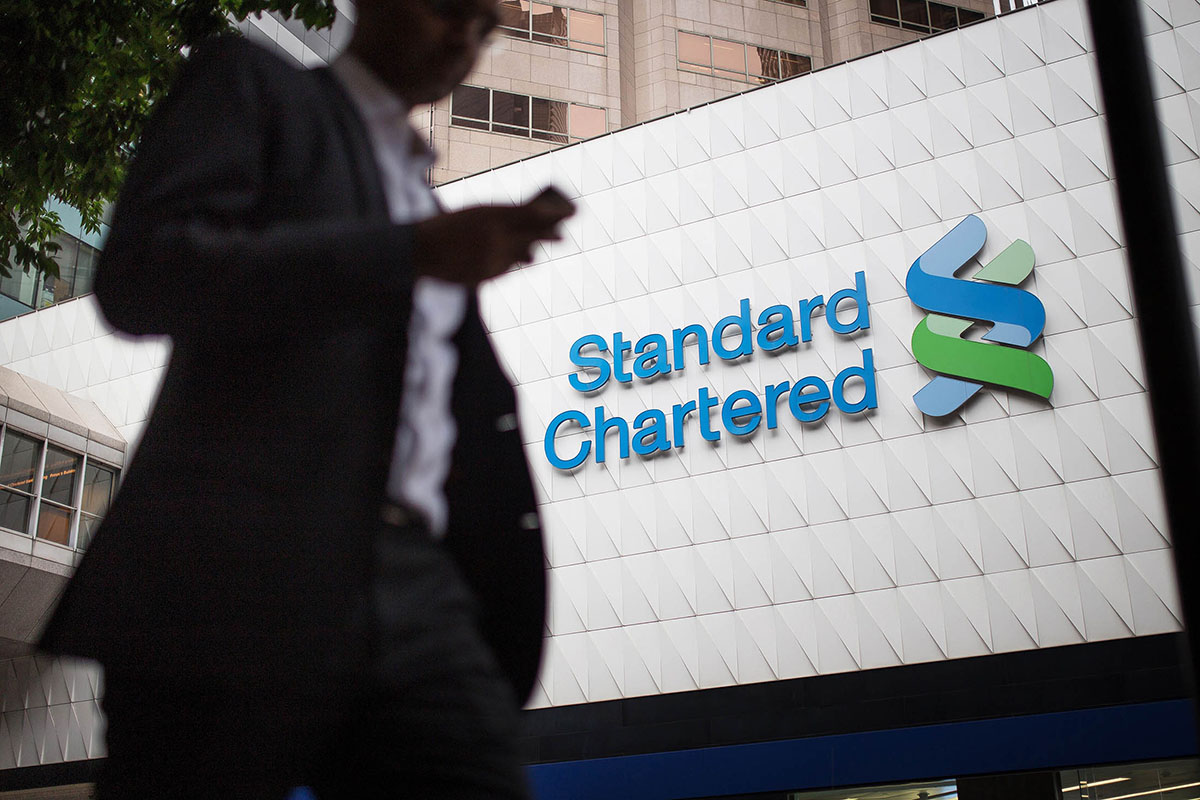Indonesia will investigate whether citizens linked to the transfer of 1.4 billion dollars of Standard Chartered private bank client assets complied with tax amnesty requirements.
The country’s Finance Ministry received data on the fund transfer for tax compliance purposes and found it involved 81 private citizens, without any military, police, law enforcement or civil servants involved, Ken Dwijugiasteadi, director-general for taxation, told reporters in Jakarta on Monday. The government will co-ordinate with the bank and expects to complete the investigation by the end of October.
It comes as European and Asian regulators probe Standard Chartered over the role staff may have played in transferring the client assets from Guernsey to Singapore before new tax transparency rules were introduced, people with knowledge of the probes have said.
The bank conducted an inquiry and notified regulators after employees raised questions early last year about the timing of the transactions and whether the source of customers’ funds had been properly vetted, said the people, who declined to be identified because the details are private.
The assets – held in its Guernsey trust unit for mainly Indonesian clients, were moved in late-2015 before the Channel Island adopted the Common Reporting Standard, a global framework for the exchange of tax data, at the start of 2016, the people said. Standard Chartered shuttered its operations on the island last year.
The Monetary Authority of Singapore, the country’s central bank, and Guernsey’s Financial Services Commission are investigating the chain of events, said the people. The UK Financial Conduct Authority, Standard Chartered’s home regulator, is aware of the transfers, but isn’t currently reviewing them, one person familiar with the matter said at the time.
‘Serious View’
In a statement late Monday, the MAS confirmed it is investigating the Standard Chartered transfer. The central bank said it takes “a serious view of the matter and will take firm action against any financial institution or individual that is found to have breached MAS’ requirements relating to anti-money laundering and countering the financing of terrorism.” The MAS said it was unable to comment further “as our supervisory probe is still ongoing.”
However, it said that in the past it has “not hesitated to take firm action against financial institutions with control deficiencies, and have imposed financial penalties and prohibition orders on culpable individuals where there are serious lapses.” When breaches of the law are detected, it has worked with law enforcement agencies to pursue criminal prosecutions, the MAS noted.
Last year, the MAS took tough enforcement action against several banks over their dealings with 1MDB (1Malaysia Development Berhad), shutting the local units of two Swiss banks, imposing fines and seizing at least S$240 million (176 million dollars) of assets. Four bankers have been jailed in Singapore in relation to the 1MDB affair.
Financial institutions in Singapore are required to assess and understand risks associated with their customers, verify their identities, inquire about the source of their funds, monitor transactions, as well as perform regular account reviews, the MAS said in Monday’s statement. “Where suspicious activities are detected, financial institutions have to apply enhanced scrutiny and report these to the authorities accordingly,” the MAS said.
“Singapore will not tolerate the abuse of its financial system as a refuge or conduit for tax-illicit funds,” the MAS added. – Bloomberg
